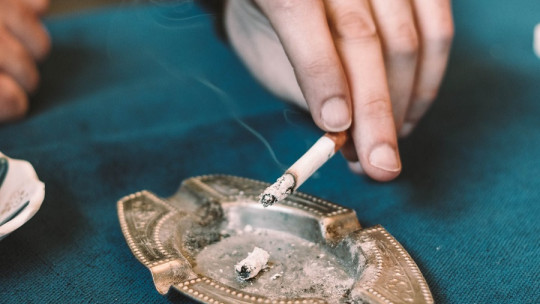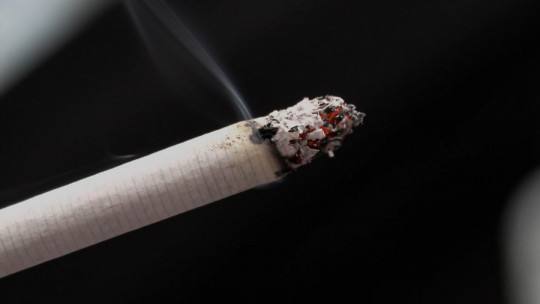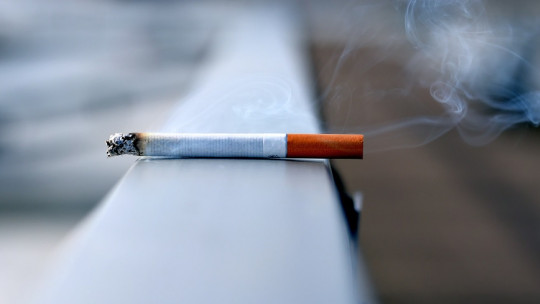
The English expression “put your money where your mouth is” could be more accurate than ever when it comes to give up smoking
A recent study published in the journal The New England Journal of Medicine shows that monetary incentives have been shown to be more effective than nicotine patches and cognitive-behavioral therapy as a form of anti-smoking treatment.
Quit smoking through reward
The starting point of the strategy for monetary incentives has the reward system of our brain as a starting point. The hypothesis is this: if money goes into it, you will have more reasons to keep your promise to stay away from tobacco and you will be less likely to put off your “last cigarette” indefinitely. That is, a reward system influenced by gambling could strengthen your willpower to a degree that neither chemical substitutes nor specific cognitive-behavioral therapies can do so. Quitting smoking would thus become a matter of profit and loss.
But such a mercantilist logic can seem perverse if it is only based on incentives unrelated to those provided by a healthier lifestyle. What happens when economic incentives stop? Are smokers reaching for cigarette packs again? Fortunately, it seems not. The betting system proved to be effective even six months later that researchers would stop financially rewarding ex-smokers for not trying tobacco.
How was the research carried out?
A total of 2,538 people who actively smoked were used as a sample for the study. From this group of smokers, these people They were divided into four groups depending on the type of monetary incentive-based program in which they would participate. These four programs were, in short (the names are made up):
Volunteers who refused to participate in the program assigned to them had the possibility of quitting smoking using traditional methods.
Results
The four programs were shown more effective than traditional methods to quit smoking. However, the programs that achieved the best results were also the least popular, that is, those that the least people were willing to start. These last programs were the two that required the deposit of a deposit: although only 14% of the assigned people started them, 52% of the participants spent 6 months without smoking, while this percentage of effectiveness dropped to a 17% in alternatives based only on a reward.
Of course, not all of us have access to the necessary tools to do saliva analysis. However, if you are thinking about quitting smoking, it is always good to keep in mind that, behind all the justifications that one gives to smoke that last cigarette, there is a reward system that you should be able to put between a rock and a hard place. .








